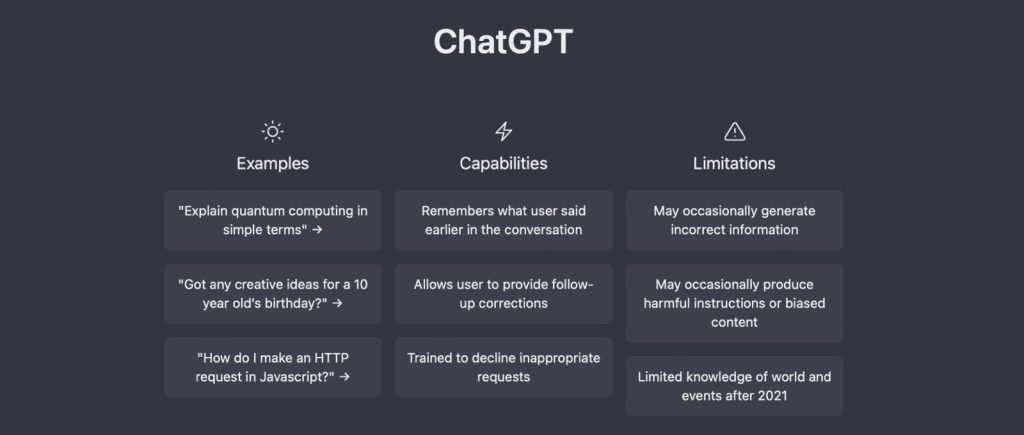By Vicente Sandoval
August 25, 2023
http://dx.doi.org/10.17169/refubium-45311
In this initial post, we are excited to introduce you to The Disaster Research Journals List 2023, an extension that has evolved from the foundational Disaster Research Journals (DRJ) Database. With utmost care, we have curated the DRJ List, which comprises a collection of esteemed journals dedicated to the field of disaster research and science. Our primary aim is to offer a potential resource for scholars, practitioners, and students navigating the complex and evolving landscape of disaster research literature.
While still in its nascent stages, the DRJ List and Database aim to offer assistance to researchers, professionals, and policymakers seeking relevant publication avenues and consolidated sources of information in this field. Furthermore, they may serve as tools to track emerging trends and witness the evolution of the field, a process that has gained significant momentum over the past few decades, as highlighted by Alexander et al. in 2021. This resource represents not only a compilation of journals but also an embodiment of our commitment to furthering the discourse of disaster research. Your feedback and engagement will be invaluable as we navigate this exploratory journey together.
The DRJ List 2023 can be downloaded in the following links:
- FU-Berlin Referium: http://dx.doi.org/10.17169/refubium-40035
- ResearchGate: https://www.researchgate.net/publication/373389542
